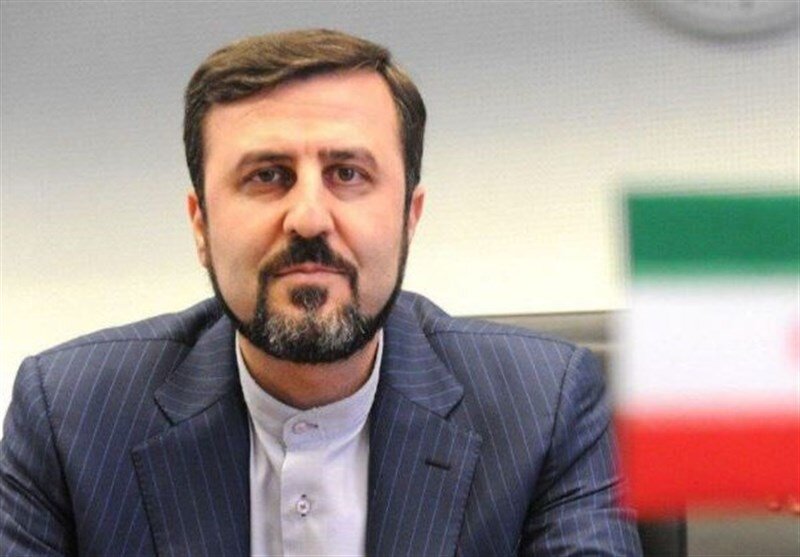Iran, European Troika set for new round of talks in Geneva

TEHRAN – A new round of discussions between Iran and the European troika—comprised of France, the UK, and Germany—will take place in Geneva on January 13.
Iran's Deputy Foreign Minister for Legal and International Affairs, Kazem Gharibabadi, announced the upcoming talks on Wednesday.
Gharibabadi emphasized that these discussions are not formal negotiations but rather an opportunity to clarify issues and engage in deeper consultations.
"We are not in the business of making predictions; we must enter into these talks to see what will happen," he stated.
The primary aim of these talks is to establish the context, method, and framework for any potential future negotiations.
This round of discussions follows recent meetings in Geneva, where diplomats from Iran, the UK, France, and Germany addressed various bilateral, regional, and international developments, particularly focusing on nuclear issues and the implications of potential sanctions.
These talks were held in the aftermath of an anti-Iran resolution passed by the Board of Governors of the International Atomic Energy Agency (IAEA) in November.
The resolution, spearheaded by the U.S. and the European Troika, accused Iran of not fully cooperating with the Joint Comprehensive Plan of Action (JCPOA).
In response, Tehran intensified its uranium enrichment efforts and deployed new advanced centrifuges, all under the International Atomic Energy Agency's (IAEA) supervision.
Gharibabadi recently warned that Iran might exit the Nuclear Non-Proliferation Treaty (NPT) if the UN Security Council sanctions' "snapback" mechanism is activated.
This mechanism, outlined in UN Resolution 2231, permits permanent Security Council members and Germany to reimpose sanctions on Iran for any breach of the JCPOA.
However, since the U.S. unilaterally exited the agreement in 2018, Iran argues that both the U.S. and European countries lack the authority to trigger the snapback mechanism, as they have failed to uphold their obligations under the deal.
"We discussed and took stock of recent bilateral, regional, and international developments, particularly nuclear and sanctions lifting issues," Gharibabadi said after the November talks.
"We are firmly committed to pursuing the interests of our people, and our preference is the path of dialogue and engagement," he added at the time.
Leave a Comment